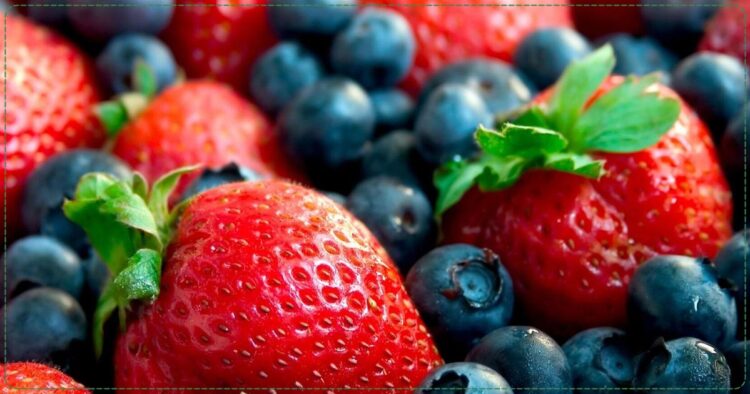Many fruits and veggies we buy in the U.S. contain pesticides, chemicals used to kill bugs and diseases on crops. The Environmental Working Group (EWG) made a list called the “Dirty Dozen” to show which ones have the most pesticides. Strawberries, spinach, kale, and more are on this list. Pesticides can be harmful, linked to health problems like preterm births and cancer.
Risk to Farmworkers and Kids
Farmworkers who handle pesticides are at the highest risk. Studies show they can have DNA damage. Kids exposed to pesticides early in life may have problems with their brain development. This is worrying because even small amounts of pesticides can be harmful.
Some Good News
But not all fruits and veggies are bad. Avocados, sweet corn, and pineapples are on the “Clean Fifteen” list. These have fewer pesticides. Still, all produce should be washed well before eating to reduce pesticide levels.
Debate Over the Report
Some people think the report is unfair to farmers. They say most produce has pesticide levels within legal limits. But others argue that legal doesn’t always mean safe. Some pesticides are allowed even though they might be harmful. And some banned pesticides still end up on our food.
Farmers Feel Unfairly Judged
Farmers who work hard to grow healthy food feel upset by the report. They say it makes people afraid to eat their produce. They worry it hurts their sales and reputation.
Encouraging Healthy Choices
The EWG says it’s important to eat lots of fruits and veggies, even if they’re not organic. But they suggest choosing organic for the “Dirty Dozen” to reduce pesticide exposure. Studies show that switching to organic can lower pesticide levels in our bodies.
Fungicides on the Rise
Fungicides, used to kill mold on produce, are a big concern. They’re often found in high levels, especially on the “Dirty Dozen” fruits like peaches and grapes. Some fungicides might even disrupt our hormones and harm our health.
Tips for Safer Eating
To reduce pesticide exposure, wash fruits and veggies under running water. Rub them gently with your hands, but don’t use soap or special washes. Drying them with a clean towel can also help. Remember, no washing method can remove all pesticides, but every little bit helps.

















Comments